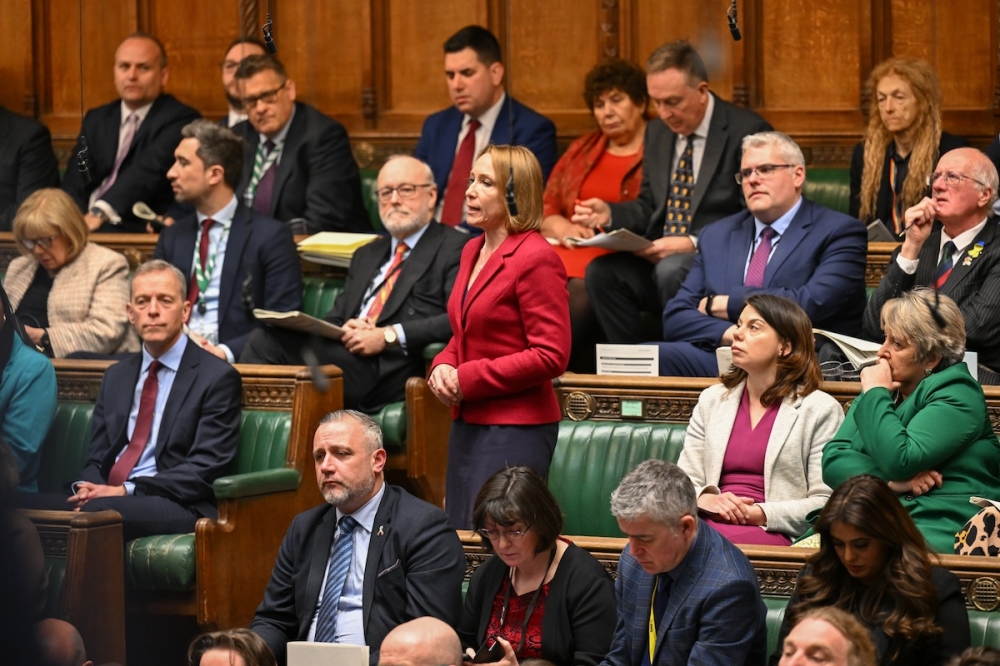

Last week, the United Kingdom (UK) Parliament passed the Safety of Rwanda (Asylum and Immigration) Act 2024 (UK parliament). This act will facilitate the deportation of certain migrants from the UK to Rwanda. The bill has garnered significant media attention and has stirred conversations across the globe. This comes as no surprise since about one in eight people, or 1 billion individuals, are migrants. In Rwanda, the conversations are even more important considering that our country will host those affected by the bill. More importantly, Rwandans are invested in these conversations because of our history with migration. Following the 1994 genocide against Tutsi, displaced Rwandans found themselves in countries across the globe. To pay it forward, Rwanda has accepted immigrants and refugees from various countries including Burundi and the Democratic Republic of the Congo. As of February 2023, over 125,000 refugees have been registered by the United Nations High Commissioner for Refugees (UNHCR Rwanda operation update).
Also read: House of Lords passes UK-Rwanda migration agreement
International law guarantees immigrants and refugees numerous rights including access to universal healthcare. This inalienable right is in line with the 2030 Sustainable Development Goals (SDGs)3 (i.e., "Good Health and Well-being") and 6 (i.e., "clean water and sanitation for all”). Rwandan laws equally guarantee immigrants access to healthcare. Historically, the Rwandan Government has partnered with the UNHCR, Save the Children and Africa Humanitarian Action to offer general consultations, vaccination, and sexual reproductive health services (e.g., access to contraception) to refugees (UNHCR Rwanda fact sheet). Additionally, they have developed access to transfer systems to facilities offering more advanced care.
While these efforts are laudable, it is evident that they will not suffice. As such, it is essential that the Rwandan Government and UNHCR work with current and new partners to design interventions that will offer the new refugees quality healthcare. These contributions should aim at increasing the number and capacity of health workers, existing infrastructure, information management for monitoring of diseases affecting this population, health insurance coverage to prevent financial risk, and increasing service delivery. Rwandan healthcare workers also have a role to play in these interventions. Rwandan healthcare workers should be represented by professional societies and leaders of referral and teaching hospitals. Importantly, the professional councils should develop frameworks that facilitate the evaluation and accreditation of the refugee healthcare workers credentials. Integrating refugee healthcare workers in these interventions will help overcome barriers caused by a differences in culture and language. Additionally, the incorporation of refugee healthcare workers and other refugee representatives will help design sustainable interventions and secure buy-in from the migrant community. The University of Rwanda has spearheaded similar interventions as it facilitated the admission of students from the University of Medical Science and Technology in Khartoum, Sudan. The professional councils can learn from this experience too.
Also read: UK-Rwanda deal: One must first live in Rwanda before any criticism
Importantly, the media should be part of every step in this process since they can help dispel misconceptions and slow down the spread of misinformation. Additionally, the media can help with mass education for acceptance and reduction of stigmatization. Additionally, refugee patient navigation interventions should be supported since hospital navigation differs significantly from country to country. Simple guides to consultation rooms, laboratories, imaging complexes, and billing stations will undoubtedly improve patient experience.
The Rwandan Government and Rwandans are ready to welcome immigrants. Challenges will include ensuring inclusivity, cultural sensitivity, and navigating language barriers. We must nip the stigma in the bud and leverage the skills of qualified immigrants to achieve healthcare for all.
Alice Umutoni, MD, is a Global Surgery and Research Fellow at Operation Smile.


